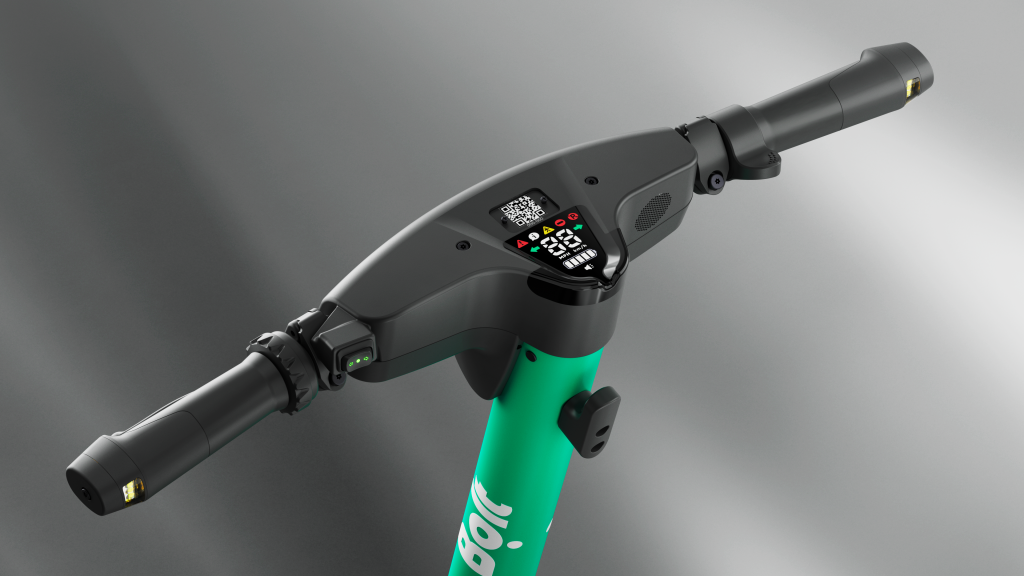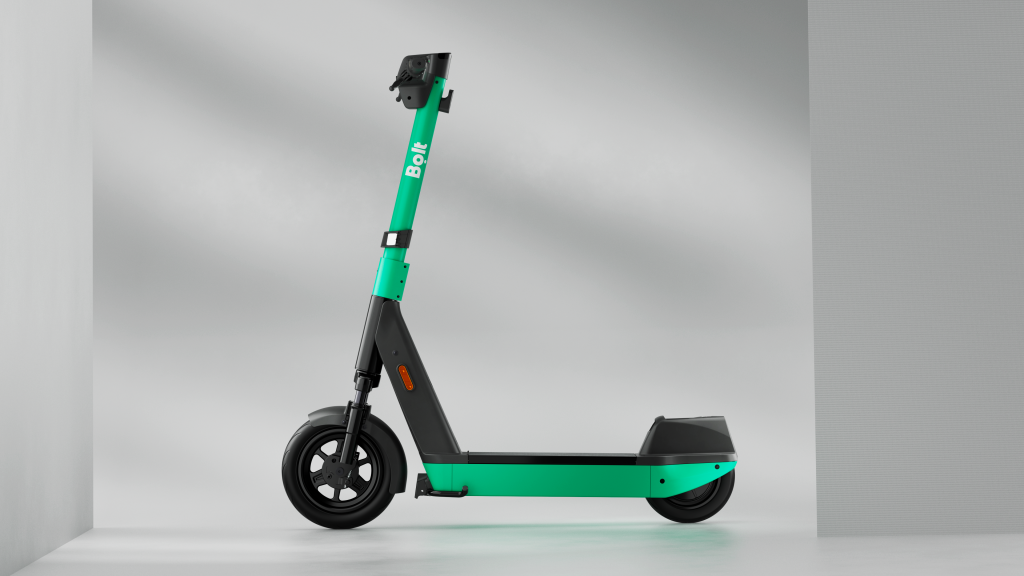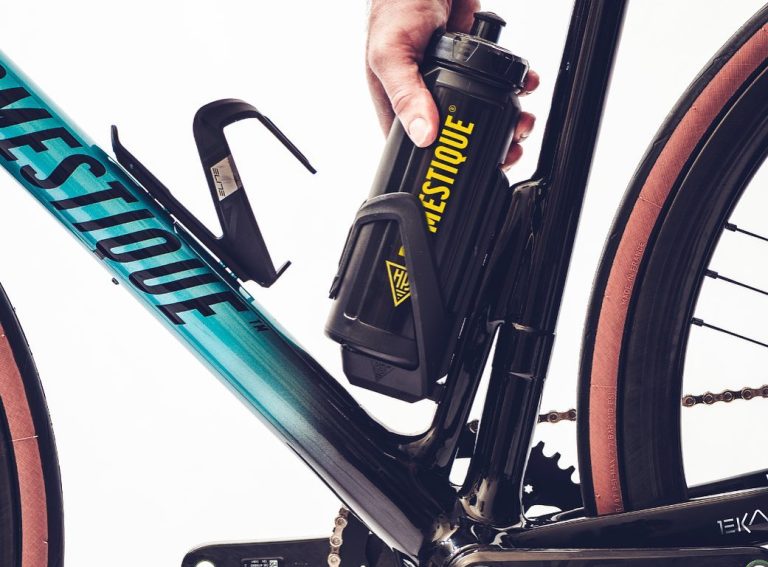Estonian micromobility firm Bolt has introduced its newest in-house e-scooter, the Bolt 6, with an expected average lifespan of eight years.
This is a significant upgrade from Bolt’s Gen 5 model which has a five-year lifespan.
Bolt has also doubled the amount of recycled materials compared to its 2019 model, with 70% of the aluminium used in the production process being recycled.
“Bolt 6 is the most sustainable scooter in the industry,” Ardo Reinsalu, Bolt’s Director of Vehicles told Zag Daily.
“We made it vandalism-proof, included a robust battery that provides a long range (which decreases the time spent out of action due to low battery), and ensured the modularity of our in-house scooters continued (meaning we can replace any component that breaks).”
Design
When it comes to the design, Bolt 6 has a 22cm wide floorboard, swept handlebars and an underfloor battery to keep riders stable. The model is equipped with suspension and a bigger 12-inch front wheel.


“A bigger front wheel and full front-wheel suspension not only means the ride is smooth but also means the wear-and-tear takes its toll at a slower rate,” said Reinsalu.
The scooter has a 1.1 kWh vandalism-resistant smart battery, which provides a range of 90 km on a single charge. This means the scooters can remain in service for longer between charges, requiring fewer battery swaps.
Safety features
Fully compatible with Bolt SafeRide System features, the new model is capable of detecting tandem riding, skidding and abrupt braking, while also identifying collisions in real-time, according to Bolt.
Bolt’s Advanced Mobility Intelligence System uses more than 100 sensor inputs and onboard microprocessors to scan the surroundings and analyse every ride.
“Not only does this make for a safer ride, but it also means the scooter systems provide up-to-date information to Bolt’s staff and automatically plan its repairs and maintenance schedule to make sure all the vehicles are technically safe and sound,” said the Director.
Additionally, the system detects if the parked vehicle has a tilt of more than 15% and alerts riders to re-park it correctly to avoid falling.
The first 1,000 units of the new model are set to be rolled out by the end of July in Lisbon, Riga and Tallinn, with plans to scale up the fleet further throughout the year.



